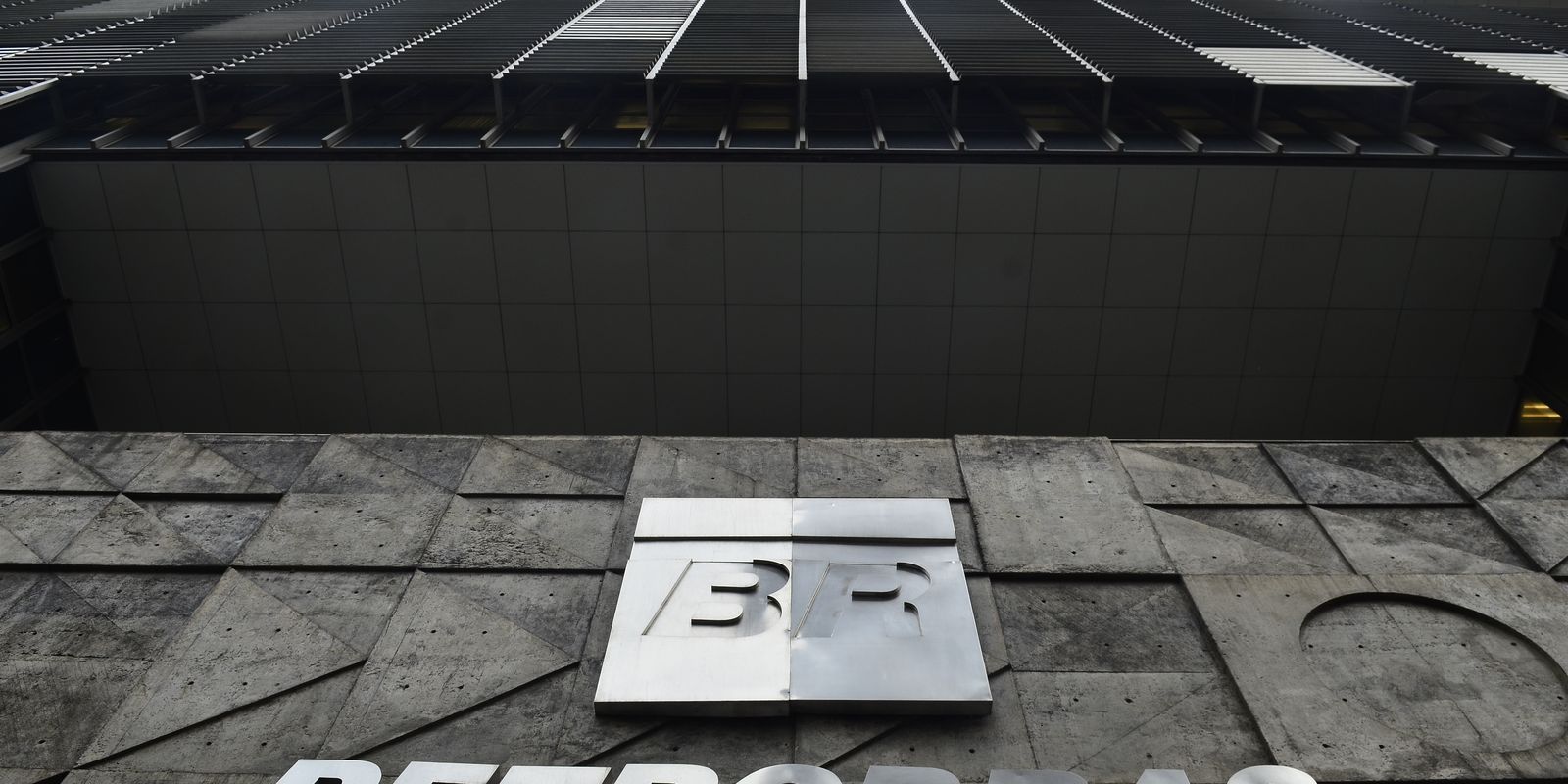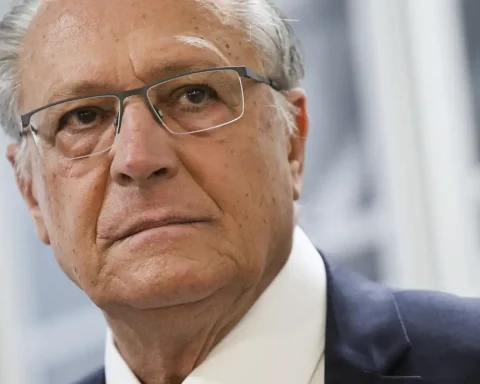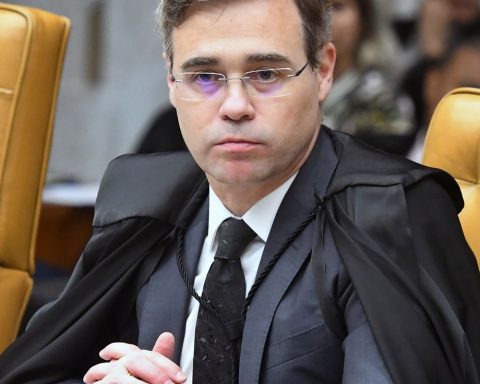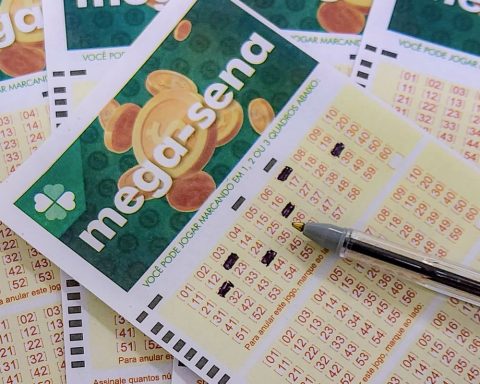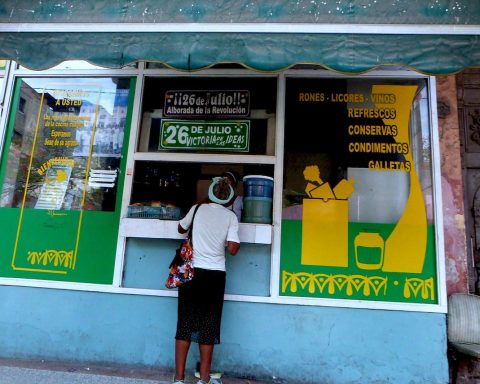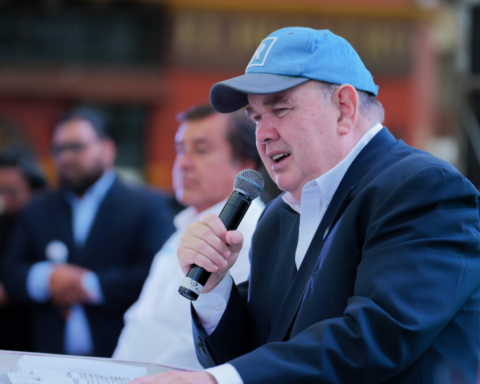Petrobras carries out surveys with sugarcane and corn producers to create a joint venture and put our feet back into ethanol production. The new company would be a way for the state-owned company to compensate for the decline in gasoline sales predicted for the coming decades.
The announcement was made by the company’s management, this Friday (22), during a presentation of the business plan for the next five years.
According to the executive director of Energy Transition and Sustainability, Mauricio Tolmasquim, Petrobras understands that gasoline tends to lose share among light fleet fuels, such as passenger cars.
“Gasoline will lose market share over time. By 2040, ethanol will grow. We want to stay big. Let’s do this by entering our competing product, ethanol. We are going to lose the gasoline market and stay in ethanol”, stated Tolmasquim.
The 2025-2029 business plan reserves US$2.2 billion – equivalent to more than R$12.5 billion – for investments in the production of fuel originating from corn or sugarcane bagasse.
Tolmasquim explained that studies are still being conducted, but that Petrobras is in a hurry to regain a leading role in ethanol production. Therefore, evaluate a business partnership – joint venture in corporate jargon – to create a company.
“Our ambition is great. We are truly setting out to be one of the leaders on the ethanol issue. Let’s form partnerships. It would be a long way to go if we were to start from scratch”, said the director.
“The idea is to start big. This can be implemented very quickly”, added Tolmasquim.
Calculations
Preliminary calculations indicate a production capacity of 2 billion liters of ethanol per year. “One possibility, there is no study, there is no goal, but, let’s say, that could eventually happen,” said the director.
The company’s revelation means a turning point. Petrobras is out of the ethanol market due to a decision in the 2017-2021 business plan, which led the company to divest from partnerships with producers.
The president of the state-owned company, Magda Chambriard, highlighted that ethanol is gasoline’s main competitor.
“Today, our main competing product is gasoline, in a country that has a flex-fuel fleet. We are the only country in the world that has a fleet of light flex vehicles, that is, ethanol.”
“It is quite profitable, economically attractive”, added Tolmasquim.
Energy transition
During the presentation of the business plan – the first under the Chambriard administration – and the strategic plan for 2050, Petrobras management made a point of defending that investments in energy transition for a low carbon economy (less use of polluting fuels, such as oil) do not destroy the company’s value, that is, they are all profitable.
The speech is a way of showing investors and society that Petrobras does not seek to develop clean fuels – such as ethanol, biodiesel and wind energy – just for environmental reasons, but also to guarantee a return on investments. According to Magda Chambriard, the business plan is within a business logic of competitive costs and profitable projects.
“I will guarantee that all our projects will be carried out in a very responsible way and ensuring their profitability. We are not going to destroy value, we are going to build value, maintaining a focus on oil and gas”, he declared.
The business plan is a five-year plan updated every year. The document released on Thursday night (21) estimates US$111 billion in investments (equivalent to R$644 billion), 9% above the plan announced last year.
The majority is allocated to oil exploration and production, US$77 billion. The portion reserved for businesses related to the energy transition rose 42%, from US$ 11.5 billion to US$ 16.3 billion, which now represents 15% of the total investments that Petrobras must make in 2025. to 2029.
“Growth that demonstrates commitment to the journey towards a low-carbon future”, said the president of Petrobras. “We set out to be leaders in this fair, safe and inclusive energy transition.”
Fewer fossils
The company detailed that it currently accounts for 31% of Brazil’s primary energy supply. There are 4.3 exajoules (EJ) extracted basically from petroleum derivatives, oil and gas. Joule is a unit of measurement for energy consumption.
For 2050, Petrobras estimates that primary generation of all energy in the country should grow by 60%, and even so, Petrobras will be responsible for 31% of the total. In other words, it will follow the expansion of Brazilian demand.
However, petroleum derivatives are expected to lose space, and renewable sources will represent 8% to 11% of the energy generated by the state-owned company.
New wells
According to the company’s forecasts, the peak of oil production will be at the end of the current decade, when total production of 3.2 million barrels of oil equivalent will be reached.
oil and gas per day (boed), in 2029.
To mitigate this decline that will follow, Petrobras maintains oil exploration fronts in regions such as the Southeast and South coasts and in Equatorial Marginwhich still needs a license from the Brazilian Institute of the Environment and Renewable Natural Resources (Ibama). The estimate is to drill 51 wells between 2025 and 2029.
For the company’s president, there is no contradiction between oil exploration and production and the energy transition to a low-carbon economy, that is, with fewer polluting gases, such as those derived from the burning of fossil fuels, such as oil and gas.
Magda Chambriard gave as an example the pre-salt oil production process, which has half the carbon footprint of the global average, and R5 diesel, which is produced with 5% mineral oil.
“It is perfectly possible to reconcile exploration, production and refining [de petróleo] with leadership in energy transition. Our energy production will grow cleaner, maintaining Petrobras’ relevance in the country and maintaining the attention that Brazilian society deserves”, said Magda, emphasizing that the effort is not a thing of the future. “It’s an effort in the present.”
The company hopes to achieve neutrality in fuel production by 2050, that is, it would be able to offset all the carbon emitted during oil exploration and production.
Petrobras also reported that the business plan should create 315 thousand direct and indirect jobs in five years and, in the same period, result in the payment of US$253.7 billion (more than R$1.4 trillion) in federal taxes, state and municipal.
“This means that for every real invested, we will have more than double in taxes”, highlighted the Petrobras director.
